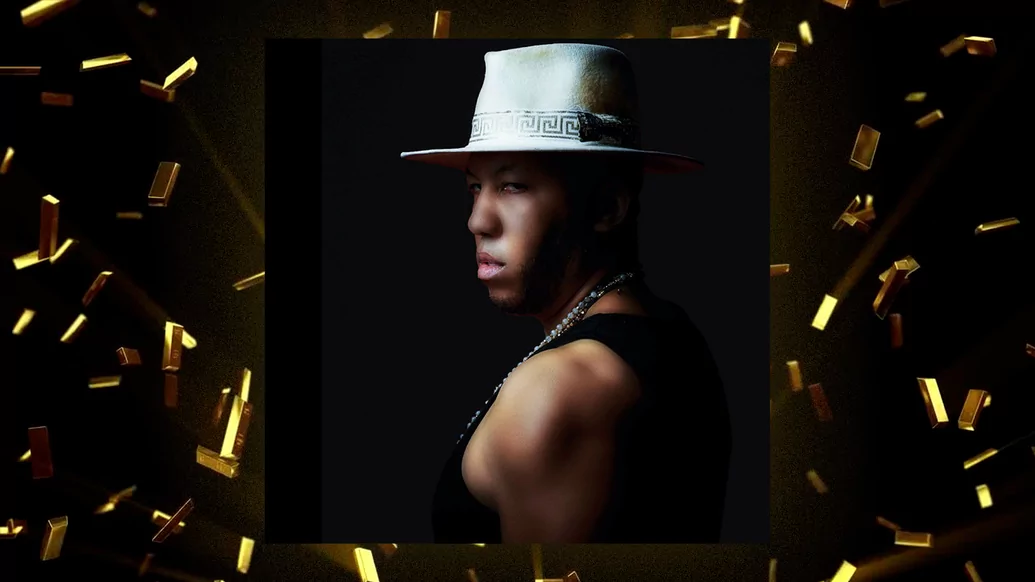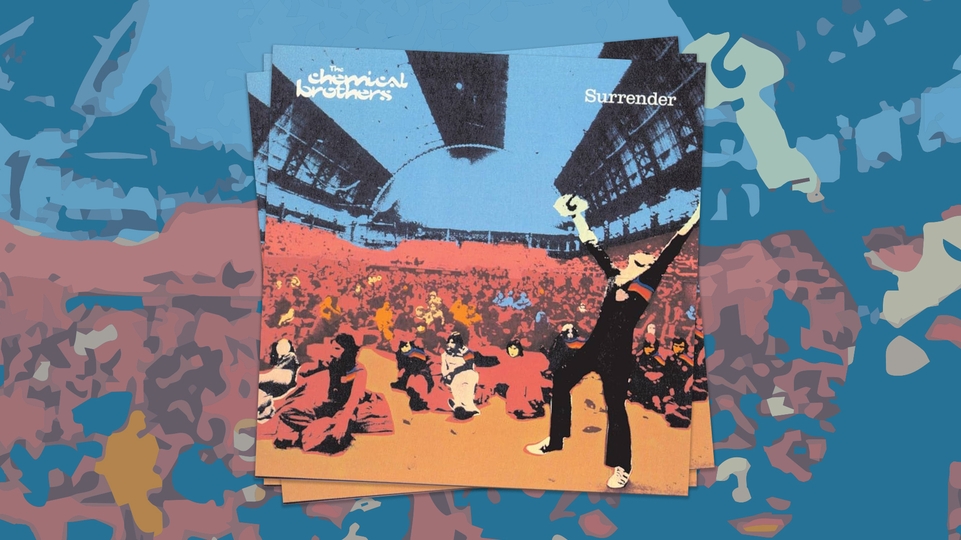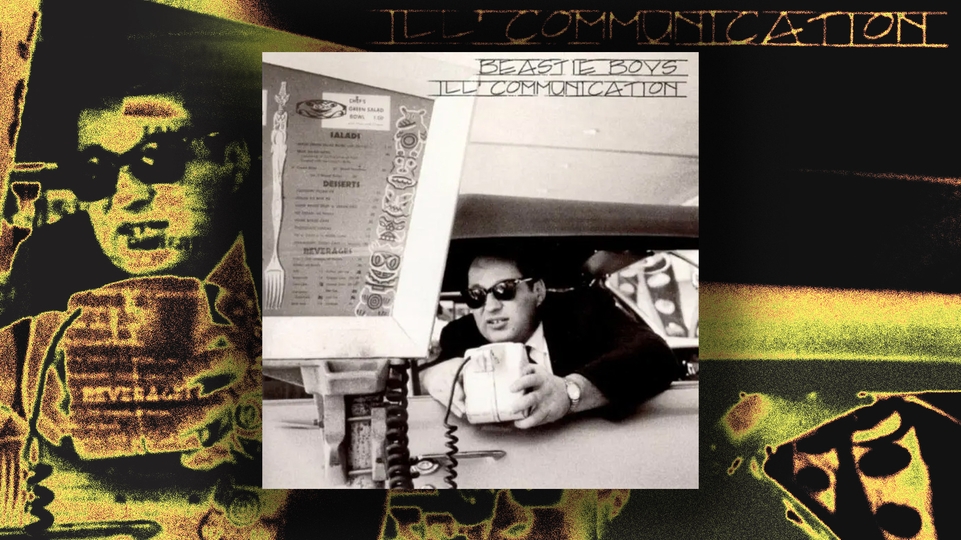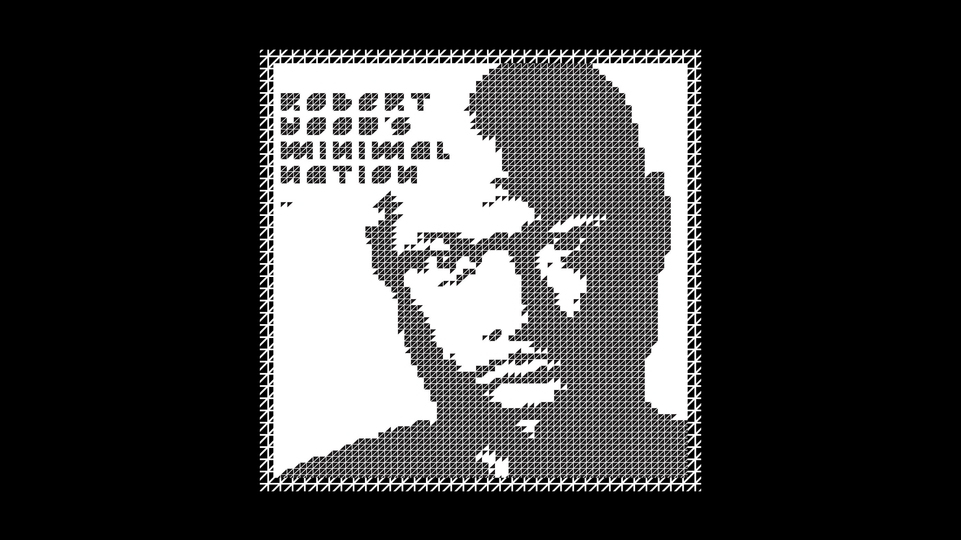
How Vikter Duplaix's DJ-Kicks compilation became a timeless archive of broken beat
In 2002, Grammy-nominated singer-songwriter, producer, multi-instrumentalist and DJ Viktor Duplaix debuted his entry for K7! Records DJ-Kicks series, blending some of the best broken beat of the era. Here, Ben Cardew explores the compilation's lasting legacy
There aren’t enough musicians like Vikter Duplaix. Maybe there never were. Duplaix, a singer-songwriter, producer, multi-instrumentalist and DJ from Philadelphia, dresses like a blasted supernova and sings like an angel; his career has spanned decades, across R&B, hip-hop, house and broken beat. It has seen him work with the likes of Erykah Badu, Jaguar Wright, Masters At Work and King Britt; he even earned a Grammy nomination in 2008 for Best Urban/Alternative Performance (now known as Best R&B Performance). Throughout it all, Duplaix has remained the kind of artist for whom stylistic rules are, at best, a minor irritation, something for other people to follow.
You can see why so many artists wanted him on board for their work. Duplaix may have got his break programming drums in a Philadelphia studio, but his church-raised vocals on Scuba’s ‘Swell’, Jazzanova’s ‘Soon’ or Masters At Work’s ‘Reality’ are like a tumble in silk sheets: sensual, smooth and bursting with emotion, adding a touch of the sublime to whatever he graces with his presence. “What I try to convey in my vocal styling is a sense of relaxation, sensuality, subtle confidence, not over the top but definitely an essence of being a very confident man without having to overstate that reality,” he once explained to Muphoric Sounds. Duplaix is also incredibly versatile: the number of artists to have made it in both R&B and house is low, even today when the barriers between genres have come down so much.
And it is perhaps for this that Duplaix’s 2002 entry in the ‘DJ-Kicks’ series, then still very much on a hot streak, remains his enduring legacy. Duplaix’s solo career, which kicked off in 1999 with the classic ‘Messages’ for MAW Records, has been glorious, a genre-defying mixture of skipping beats, soulful chords and wonderful songwriting. Yes, he’s indelibly linked to house music, given his associations with MAW and King Britt. But Duplaix’s inventive drum programming — which plays out with the deceptively tricky funk of Bernard Purdie or Led Zeppelin’s John Bonham, with syncopated snares, claps and bass weaving interlocking circles around the mix — as well as his love for jazzy chords, sparked a mutual attraction with the London broken beat scene of Bugz In The Attic, IG Culture et al.
Broken beat was known, among other things, for its sublime production, which called back to jazz fusion artists like Lonnie Liston Smith and Roy Ayers, filtering their experimental excursions through a modern electronic sensibility built on hip-hop, house and rave. This translated, in many cases, to thrilling electronic tracks, but the genre was at its best when it added vocalists and songs, like Lady Alma on 4hero’s ‘Hold It Down’ or Lyric L on Seiji’s classic ‘Loose Lips’. Duplaix was the rare artist within the genre who could do it all — production, songwriting and vocals; records like ‘Looking For Love’, ‘Manhood’, and ‘Sensuality’ have some of the best writing and production out there.
Duplaix’s two solo albums, 2002’s ‘International Affairs V1.0’ and 2006’s ‘Bold And Beautiful’, and the 2004 singles round-up ‘Singles (Prelude To The Future)’ come highly recommended, then. But it was on ‘DJ-Kicks’ that he connected it all, bringing together the strands of his career to make a coherent document of singular adventure. Duplaix’s ‘DJ-Kicks’ is the epitome of the DJ mix as career statement, a staggering work of musical connection and, perhaps, one of the best mix albums ever.
It was little surprise that when DJKicks’ parent company !K7 agreed a deal with Apple Music to make its mixes available legally on the streaming platform, Duplaix’s work was one of the first to be offered. It’s that important. Which makes it all the more bizarre that Duplaix’s ‘DJ-Kicks’ isn’t really a mix album and Duplaix, certainly back in the 2000s, wasn’t particularly known as a DJ, even if he had been DJing for years. ‘DJ-Kicks’ isn’t really mixed, for a start: some tunes are briefly beatmatched into each other, but often the transitions are marked by fades or interludes spoken in computer voices, and you can’t really dance to long stretches of it. The live version of Erykah Badu’s ‘Bag Lady’, which crops up toward the end of the album, is a brilliant song that would probably kill most dancefloors dead, while Spacek’s ‘How Do I Move’ has a kind of creeping stasis to match its song title. Where most mix albums build toward a climactic conclusion, Duplaix’s ‘DJ-Kicks’ swells and rushes dramatically in its first half, only to drop back into sunshine-sleepy soul in its second, before New Sector Movements’ ‘The Sun’ ends things on a kind of lively note.

“Duplaix’s ‘DJ-Kicks’ is the epitome of the DJ mix as career statement, a staggering work of musical connection and, perhaps, one of the best mix albums ever.”
None of this is a criticism, though. Far from it. On the one hand, it is beautiful to see Duplaix’s musical idiosyncrasies play out on such a high-profile release, putting out what is, in effect, a mixtape on one of the world’s most prominent mix CD series. On the other hand, the ‘DJ-Kicks’ selection is so sublimely formed, so perfectly reflective of Duplaix’s musical world, that it casts any aspersions about mixing and danceability into the shade. If you want to understand Vikter Duplaix, you’re best starting here — this is where his musical influences and inspirations collide.
Duplaix himself only appears once (in name) on ‘DJ-Kicks’, with a beatific, sky-scraping extended version of ‘Sensuality’, which, with its clipped drum break, syncopated chords and epicurean longing, tells you pretty much all you need to know about Duplaix’s production mastery. He also throws in a couple of songs by Critical Point, of which he was a member: the Easterntinged devotional ‘The Beginning’, and the aptly-named transitional tool ‘Transition’.
Joining him across 20 gorgeously eclectic songs are the cream of broken beat, such as 4hero’s joyous ‘Hold It Down’; deep house, via Herbert’s yearning and bleepy ‘You Saw It All’ and Osunlade’s ‘Tree Of Life’; Brazilian percussion, as heard on Mandrake Som’s stirring ‘Berimbau’; and nu soul (Erykah Badu), hip-hop (De La Soul) and more. In keeping with the spirit of things, Duplaix even throws in a few songs that defy any kind of pigeonholing, including Spacek’s beautifully abstract lunar soul and a bossa-nova house remix by Ashley Beedle of Shawn Lee’s indie-ish classic ‘Happiness’.
What links it all is Duplaix himself. It’s as if, in plotting these points on the musical map, he is giving us a set of instructions to find where he himself dwells, slap-bang in the middle of this musical abstraction. This is a rare skill. We may all be products of our record collections, but there are very few mixes which so brilliantly plot out one person’s musical standing, equidistant between Erykah Badu and Matthew Herbert. What further links these records is personality. There is nothing here with the numbing whiff of the standard, nothing that is regular or everyday in its production. From ‘Berimbau’’s clattering, nervous rush, the record tripping over its own feet as it accelerates through its paces, to the bizarrely aged tone of ‘Happiness’, every record here is bursting with character.
And that, in the end, is what makes it so perfectly Vikter Duplaix. For a fleeting moment, when broken beat was at its height, he found a sympathetic musical environment in which to operate. But still he stuck out like a sore thumb, his elegant robes and superstar fur coats a luminous boot among a world of shop-stiff sneakers. Duplaix could, perhaps, have become a star vocalist or enjoyed a lucrative career as a house DJ, piggybacking on the support of MAW and King Britt, with an immaculately beat-matched ‘DJ-Kicks’ as his calling card — but that would have been too normal, too bland.
“I do think sometimes, what happens is, in the name of the world becoming this place where everything has to be identified and categorized, a lot of times you have to repeat yourself,” he said in that Muphoric Sounds interview. “Do a version of what someone else has done or do things that are maybe just a tad bit underneath what you wanted to do, in the name of getting the project or even getting a check. And that’s what I struggled with as a creative entity and as a businessperson.”
Instead, Vikter Duplaix is remarkable, and if that might have cost him later on, with no new releases to his name since 2009, then who cares? Twenty years on from the release of this ‘DJ-Kicks’, people are still listening to the album, wondering what the hell was going on with the music of the early 2000s. And what better legacy could there be than that?







